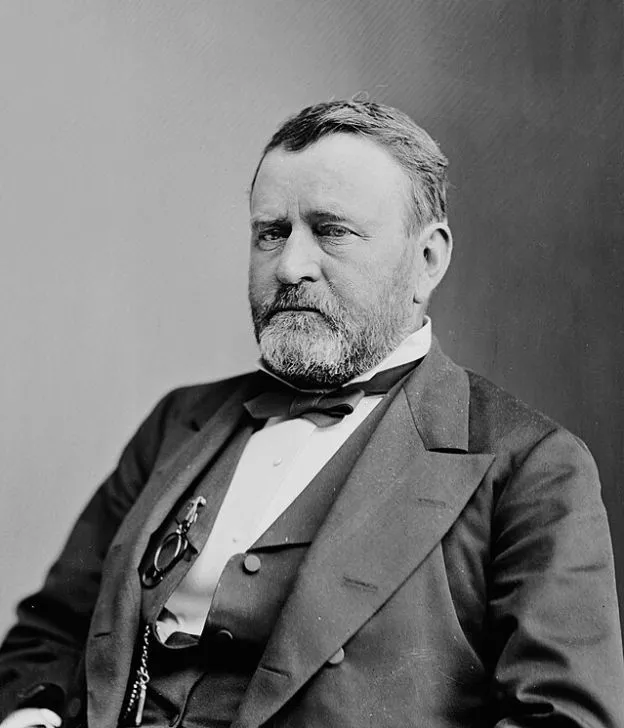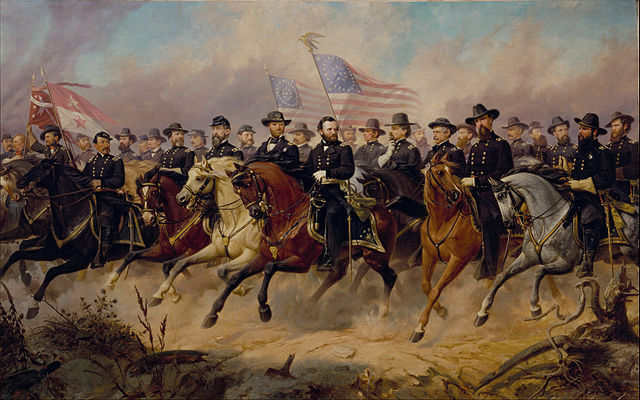
Remembering the legacy of Ulysses S. Grant and the “unconditional surrender”
Ulysses S. Grant, he who continues the attack. This month marks what would be the birthday of President Grant.
Throughout his long and diverse career in public service, Grant is best known for his role as Commanding General of the U.S. Army during the Civil War and President of the United States from 1869-1877.
But the path to becoming one of America’s most storied leaders wasn’t always coming up roses.
No one would have believed in 1860 that the quiet man who failed so often would be President by 1868. Prior to rising in the ranks of the US army, Grant experienced many failed ventures in the business world as a handyman, a farmer, and an entrepreneur.
Yet during the Civil War Grant’s unmatched persistence and guile led him to win several key victories for the Union forces and earned him the nickname “the Butcher.” By presiding over the surrender of the Confederate forces under General Robert E. Lee at Appomattox in April, 1865, Grant’s firm yet compassionate treatment of the defeated South gave him another nickname: “Unconditional Surrender” Grant.

Perhaps the secret to Grant’s successes lay within a single quotation from Abraham Lincoln. As the forces under Grant’s command endured bloodbath after seemingly needless bloodbath, President Lincoln defended his general and stated, “I can’t spare this man – he fights.”
Grant’s actions as our 18th President reaffirmed his persistence.
Despite previously owning an enslaved person (and being the last US president to do so), Grant is considered the first “civil rights president” for his approach to Reconstruction in the South and signing the first civil rights legislation into law, including the Enforcement Acts and the Civil Rights Act of 1875.
But Grant’s tenure in office was far from perfect: in spite of his support of civil rights, several notable scandals marred Grant’s administration.
History is as complicated as the men who make it. The story of Ulysses S. Grant is no exception. For all of his pre-war failures, Ulysses S. Grant achieved his greatest successes both by presiding over those moments in which Americans rediscovered their founding principles and by fighting for those moments in which Americans became Americans once again.
